Melanin. A pigment or a mode of racial discrimination?
Melanin is a natural pigment that provides color to your skin, hair, and eyes. It is produced by cells known as melanocytes. The production of Melanin is triggered by Melanin Stimulating Hormone released by the Pituitary gland. Melanin exists in two forms; Eumelanin and Pheomelanin. If the pigment is black to dark brown we call it Eumelanin and if it is yellowish to reddish-brown it is called Pheomelanin.
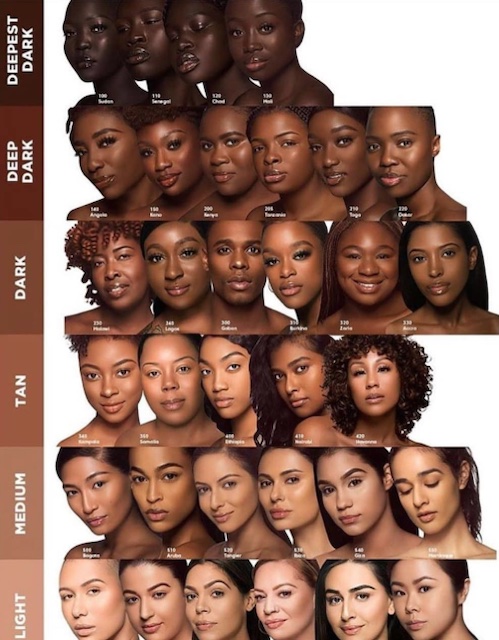
People normally link Melanin with sun exposure to the skin but it is much more than that. Melanocyte acts as a security alarm as it protects the skin from lethal UV radiations by increasing Melanin production. Melanin production also increases in disease conditions. The production is evident enough and one can easily suspect if it is normal or diseased.

Melanin and pregnancy
One normal case of excessive Melanin production in pregnancy. Hyperpigmentation during pregnancy appears to be related to the increased production of one of the chief pregnancy hormones ‘Estrogen’. Estrogen temporarily enhances Melanin synthesis making skin look darker than before. The pigmentation is not related to any adverse consequences to pregnancy and usually disappears after delivery. Abnormal cases of Melanin production are discussed in the later section.
These are the most common questions that are linked with Melanin’s research.
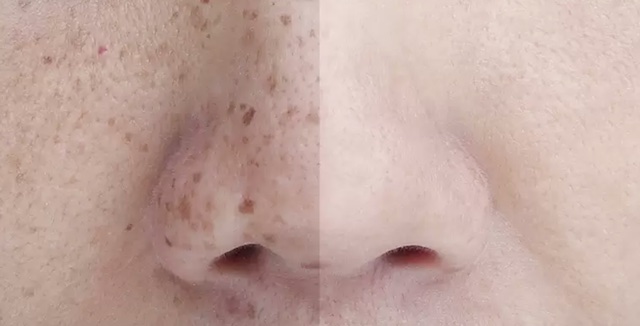
Melanin and Skin
Melanin brings diversity. It provides color to the skin; it can be dark and it can be light, it can be present and it can be absent. Besides being present in the skin, it also appears in your hair and eyes. Human diversity is directly related to Melanin concentrations. “The higher the Melanin concentrations the darker the skin coloration” and vice versa.
It gives you an identity that is unique to you. People from different regions of the world have different percentages of Melanin accumulation.

Is Melanin bad?
No, it is a blessing! The more the Melanin the better the protection. Melanin functions as a barrier between harmful solar radiations and skin. It is the first line of defense against damaging UV radiation. When our skin is exposed to sunlight, it triggers Melanin production due to the absorption of sun rays. Melanin screens the sun rays and protects the skin from burning and DNA damage. People who do not have or have lighter pigmentation of their skin are highly open to UV rays’ destructive effects. Sun tanning occurs due to exposure to sunlight and makes the skin to appear darker. It is not bad but it is a process by which tan, a protective layer of Melanin is made. The tan is a layer that is made when Melanin fights with harmful UV radiation and prevents skin from burning. Melanin is protective against sun rays as it lowers the risk of skin getting dried out or loses its elasticity and prevents premature aging.
Another important role of Melanin is in the eyes. This pigment is present in the iris. Besides giving color to your eyes it helps protect them from the sun. People who lack melanin are much more sensitive to harmful sun rays.
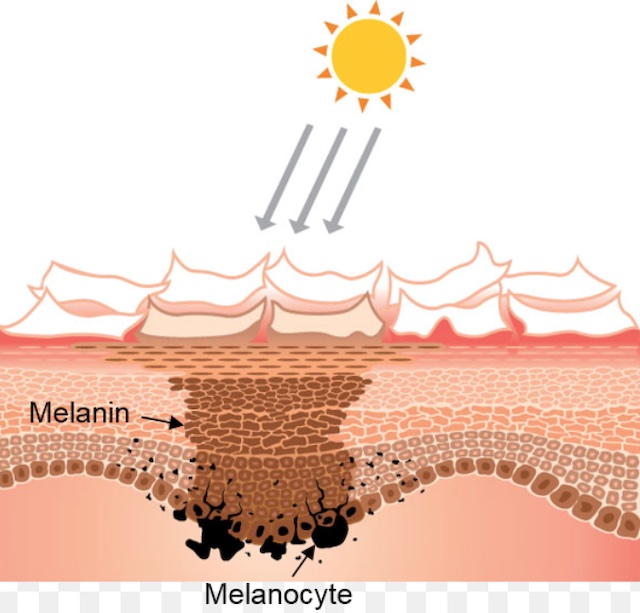
Diseases associated with excess melanin production
● Acanthosis Nigerian. It is a condition in which dark patches appear on the skin, particularly in the neck, elbows, armpits, knees, knuckles, lips and palms and soles of feet. These dark patches are due to Melanin deposition and the condition provides a risk factor for developing diabetes. High levels of Insulin promote skin cell production, including the production of Melanin producing cells that produce Melanin and promote darkening. This is how Melanin helps in predisposing some serious health problems that might occur in the future.
● Addison’s Disease. This is also a hormone-related health condition in which aldosterone is insufficient. This condition is characterized by fatigue and muscle weakness, weight loss, vomiting , drop in BP and sugar levels plus it cause darkening of the skin. Sometimes these symptoms are not enough in identifying the disease but skin darkening may alone give rise to suspicions of the disease. The darkening is due to Melanin whose production is triggered by aldosterone insufficiency.
, drop in BP and sugar levels plus it cause darkening of the skin. Sometimes these symptoms are not enough in identifying the disease but skin darkening may alone give rise to suspicions of the disease. The darkening is due to Melanin whose production is triggered by aldosterone insufficiency.
updates?
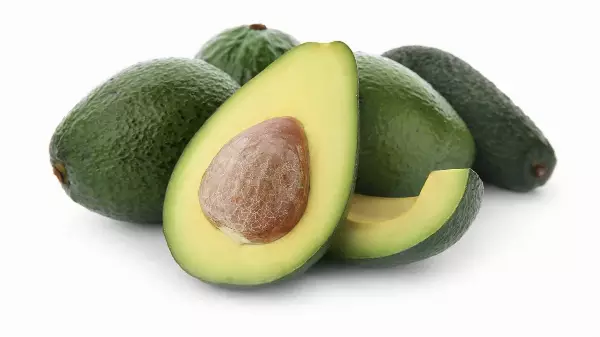




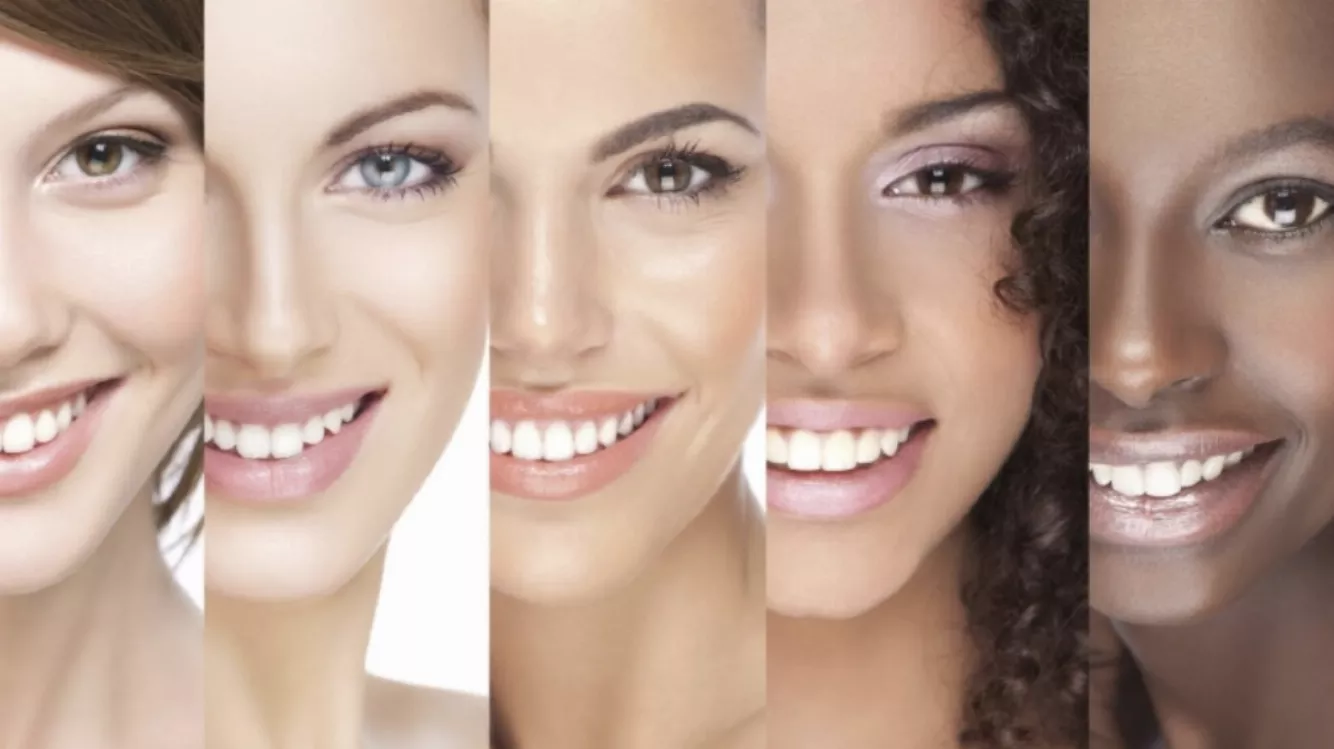

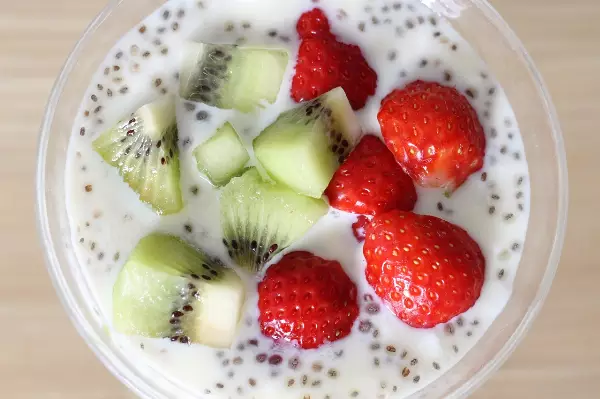


0